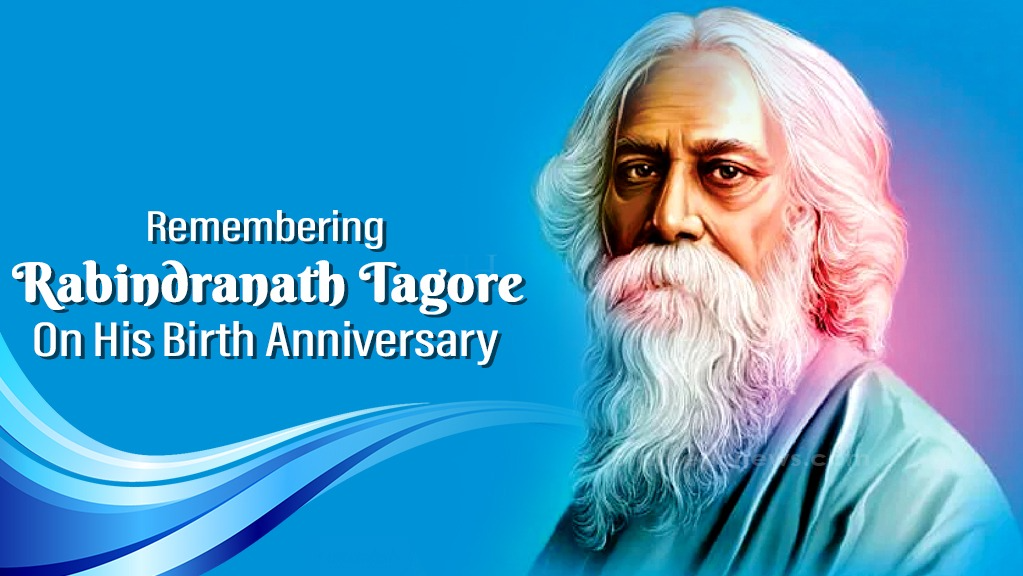

Bhubaneswar, May 7: Every year on May 7th, India and the world celebrate the birth anniversary of Rabindranath Tagore, a literary genius, philosopher, and visionary whose impact transcends borders and generations. Born in 1861 in Kolkata (then Calcutta), Tagore was a polymath who reshaped Bengali literature, music, art, and education.
Tagore was the first non-European to win the Nobel Prize in Literature in 1913 for his collection of poems, Gitanjali. His writings reflect deep humanism, spiritual depth, and an unshakeable belief in the unity of mankind. He is also the only person to have written the national anthems of two nations: India's "Jana Gana Mana" and Bangladesh's "Amar Shonar Bangla".
Apart from his literary prowess, Tagore was a pioneering educator and founded Visva-Bharati University in Santiniketan—an institution dedicated to blending the best of Eastern and Western philosophies in education.
This anniversary is not just a tribute to his legacy but also a reminder of his timeless ideals—universalism, peace, creativity, and the pursuit of knowledge. Across India and especially in West Bengal, Tagore Jayanti is marked by cultural programs, recitations of his poetry, performances of his music (Rabindra Sangeet), and reflections on his philosophy.
As we celebrate his life and works, we are inspired anew by his message:
"Where the mind is without fear and the head is held high…"—a dream of freedom and dignity for all.